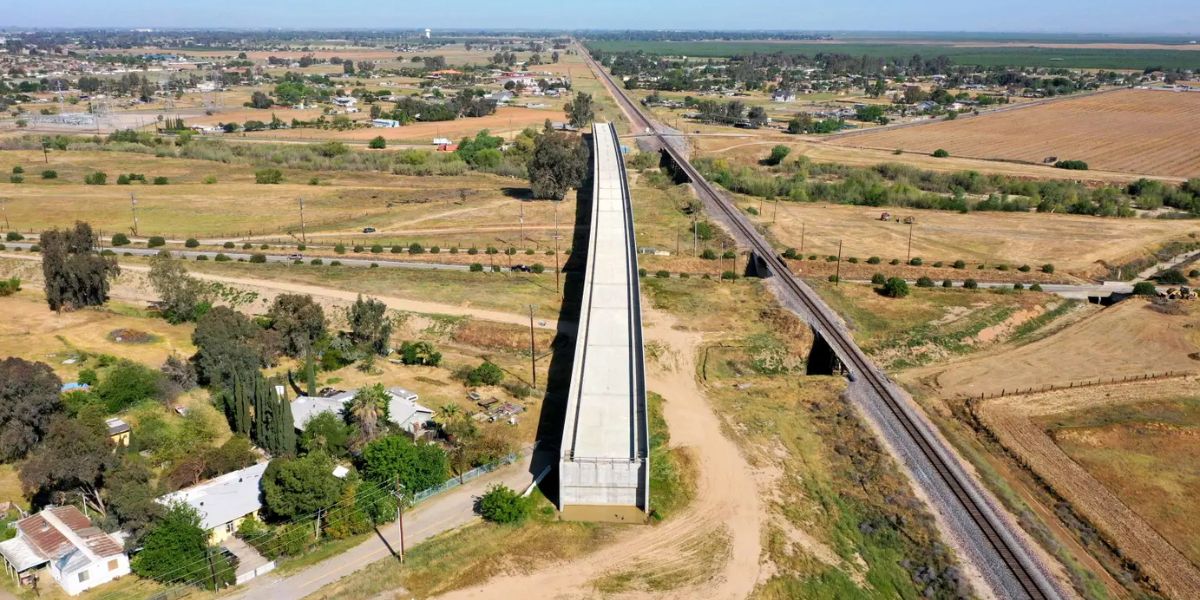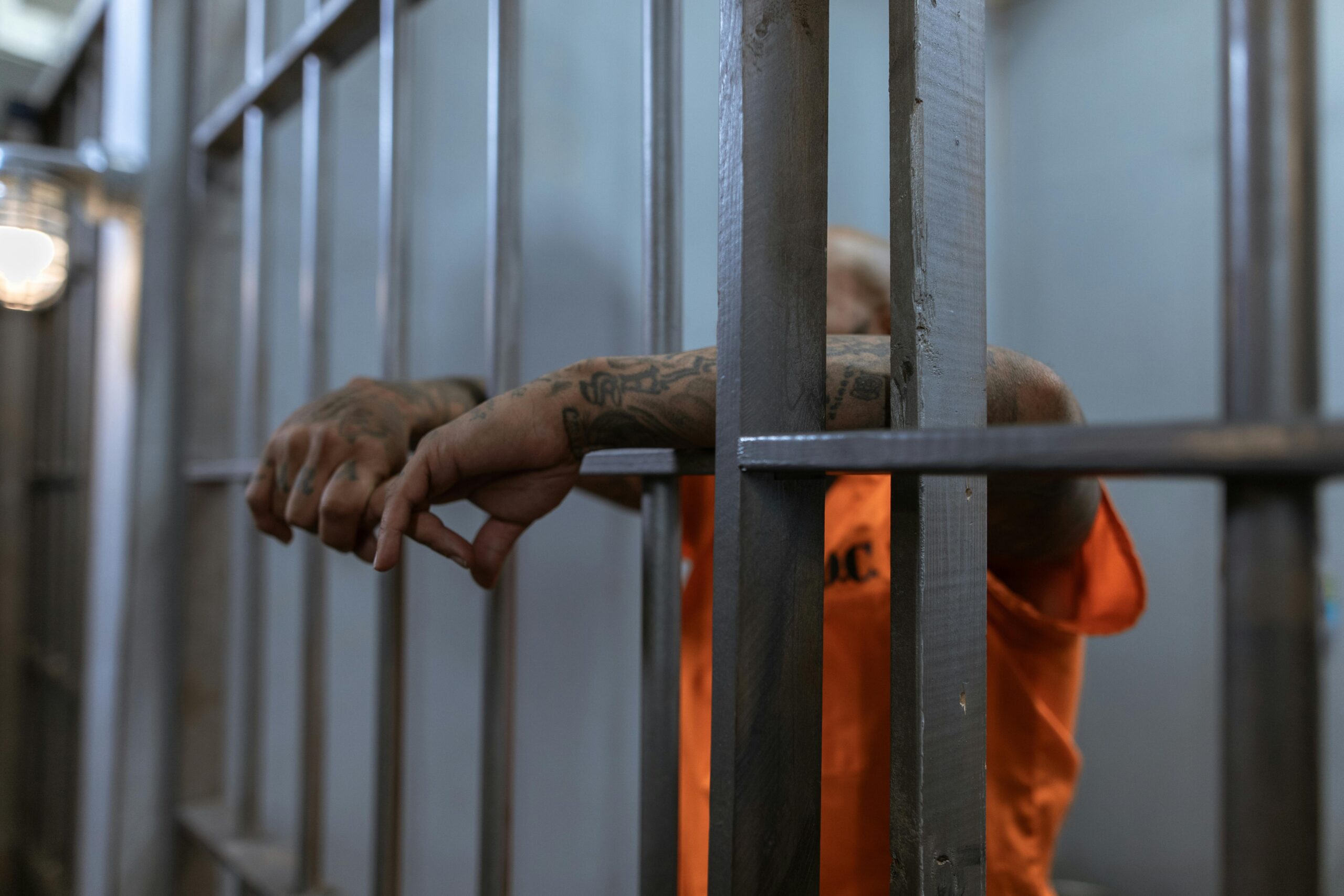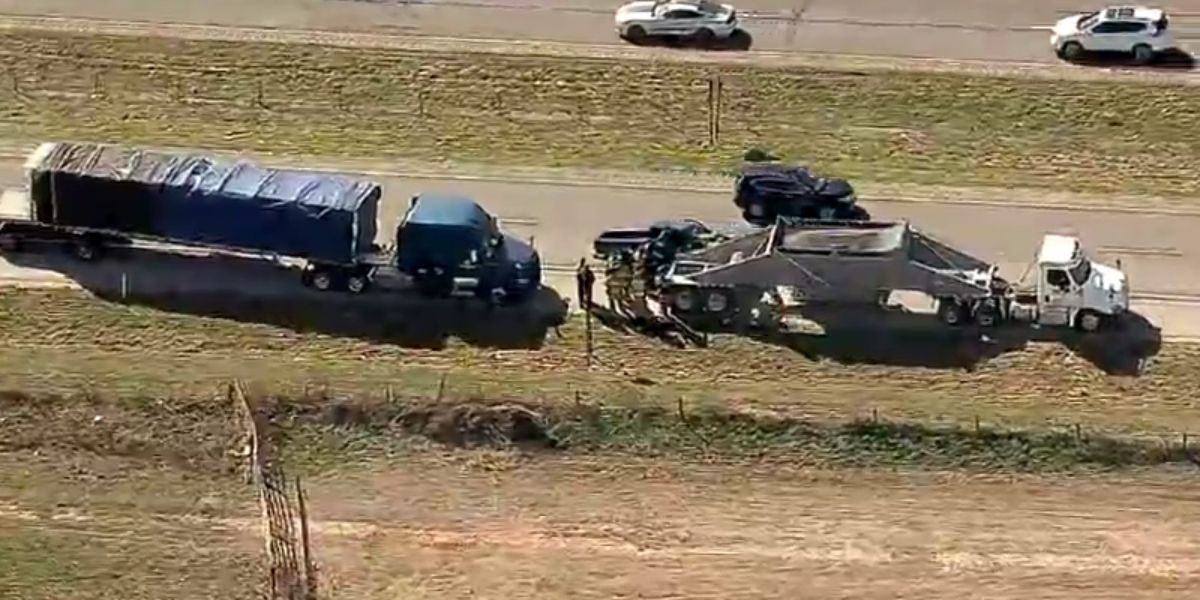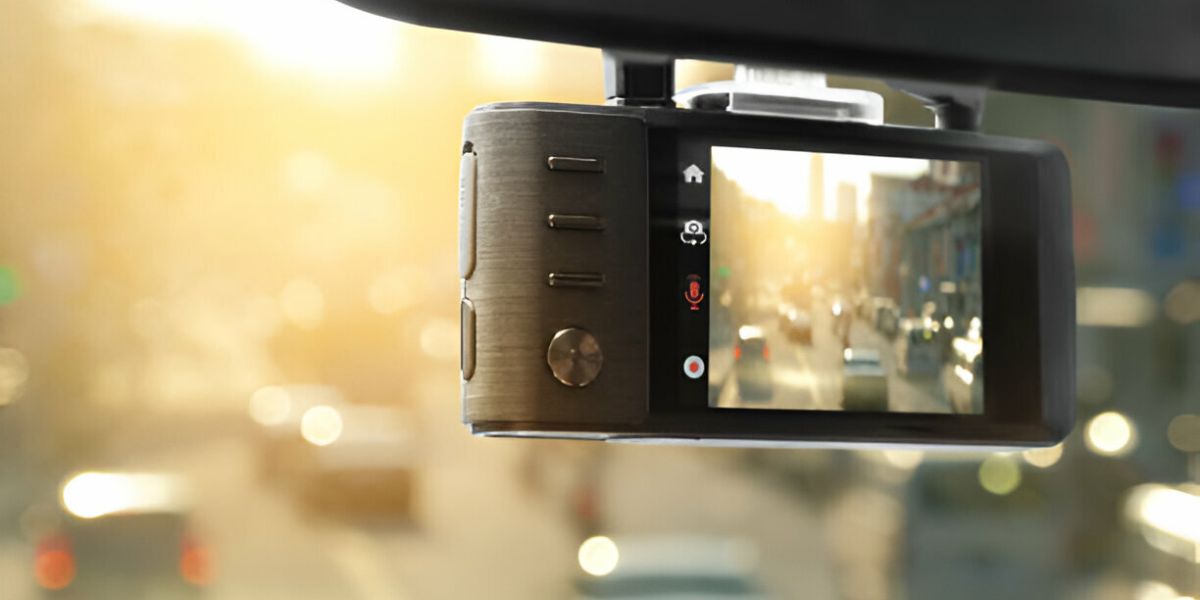California is facing criticism for commemorating the completion of a high-speed rail bridge that appears to have no practical purpose, as part of a project that has been widely regarded as a costly mistake.
The California High-Speed Rail Authority is facing criticism from notable figures like Elon Musk and Billy Markus. They are expressing their dissatisfaction with the completion of the “Fresno River Viaduct,” which is just a small part of the state’s much-delayed bullet train project aiming to connect San Francisco and Los Angeles.
The California High Speed Rail Authority later clarified that the project was completed in 2018, after three years of work.
“This is the most remarkable human achievement ever,” posted Markus, the creator of the jokey cryptocurrency, on X Friday.
Musk also shared his thoughts, expressing his sadness about the project’s uncertain future with a crying emoji.
That’s despite the staggering amount of $11 billion in taxpayer dollars that have already been invested in the construction.
The total cost includes the Fresno Viaduct and several other bridge and overpasses that have already been constructed for the initial phase of the project. This phase will connect Bakersfield, north of Los Angeles, to Merced, which is approximately 80 miles away from the Bay Area.
The authority stated on X that the high-speed trains will run parallel with the BNSF Railroad, spanning almost 1,600 feet in length as they traverse over the riverbed.
The Fresno River Viaduct in Madera County is one of the first completed high-speed rail structures. At nearly 1,600 feet long, high-speed trains will travel over the riverbed and will run parallel with the BNSF Railroad. #BuildHSR pic.twitter.com/zWqusPbOB9
— CA High-Speed Rail 🚄💨 (@CaHSRA) May 1, 2024
Venture Capitalist Patrick Blumenthal suggested that it may be wise for the authority to exercise caution when it comes to self-praise. He shared a detailed analysis highlighting the limited progress made on the rail-line project.
“0.3 miles completed. After 15 years. After $11.2 BILLION. $36.96 billion per mile,” he wrote on X.




